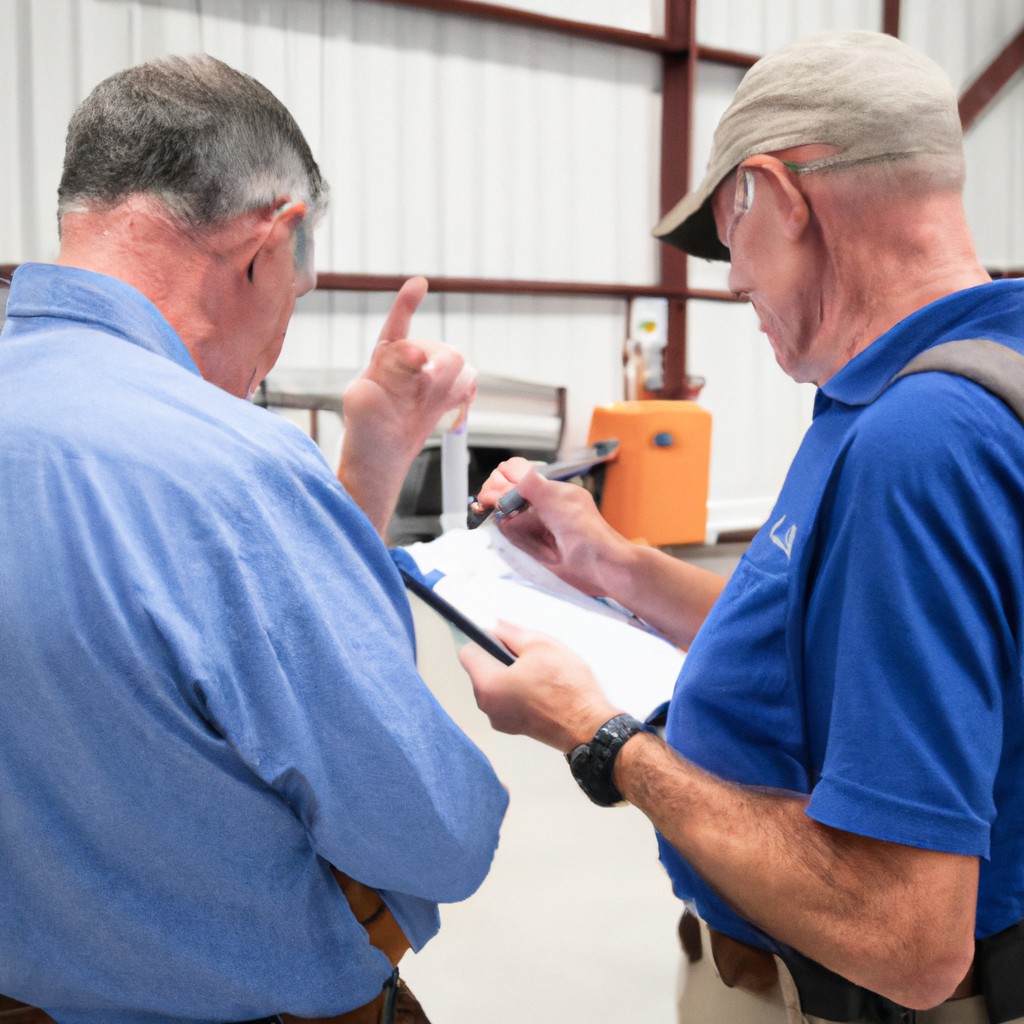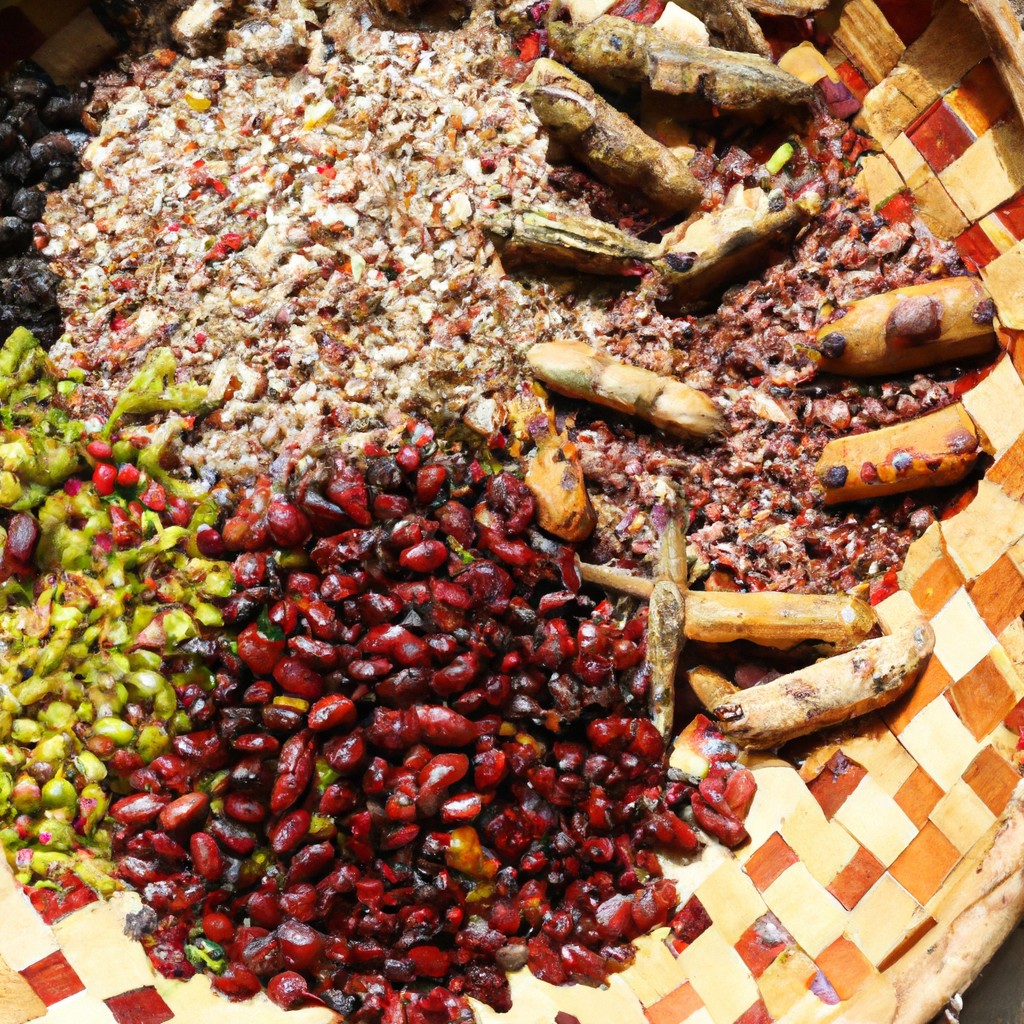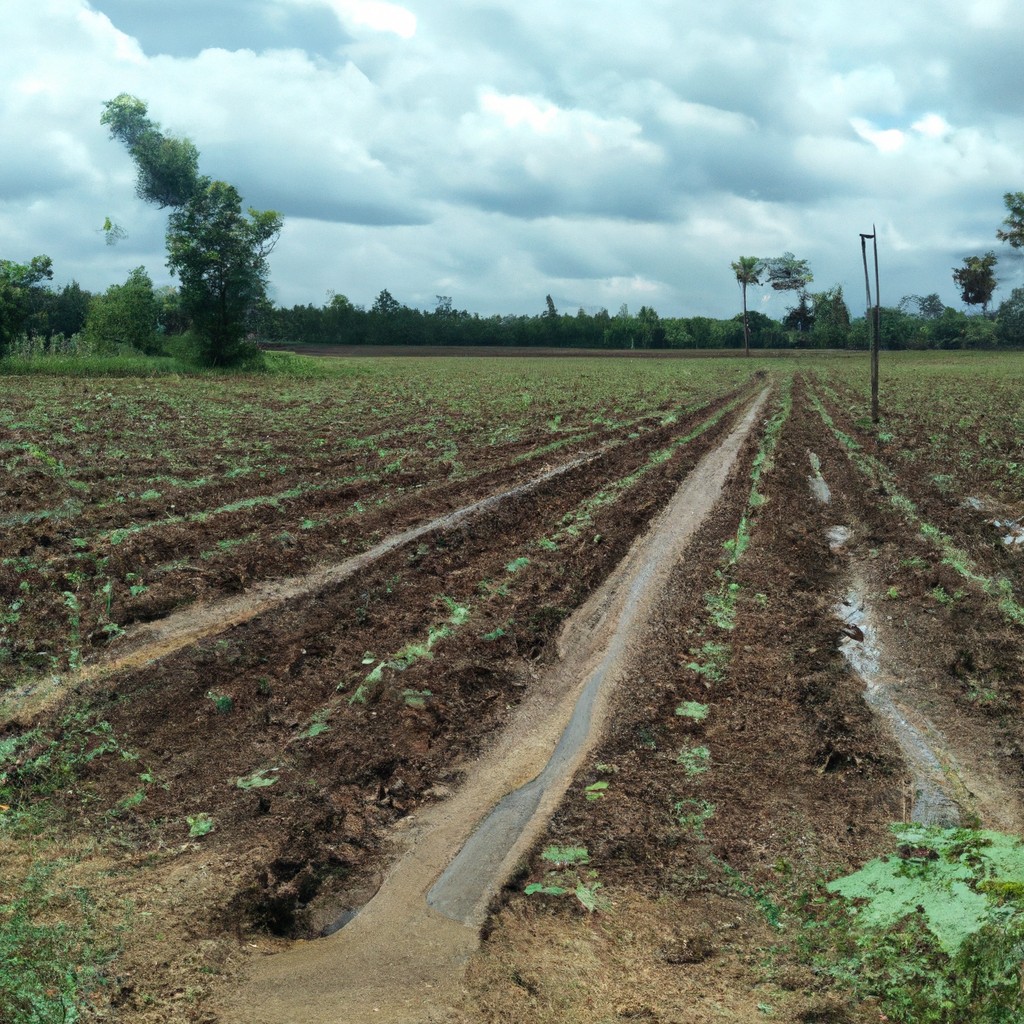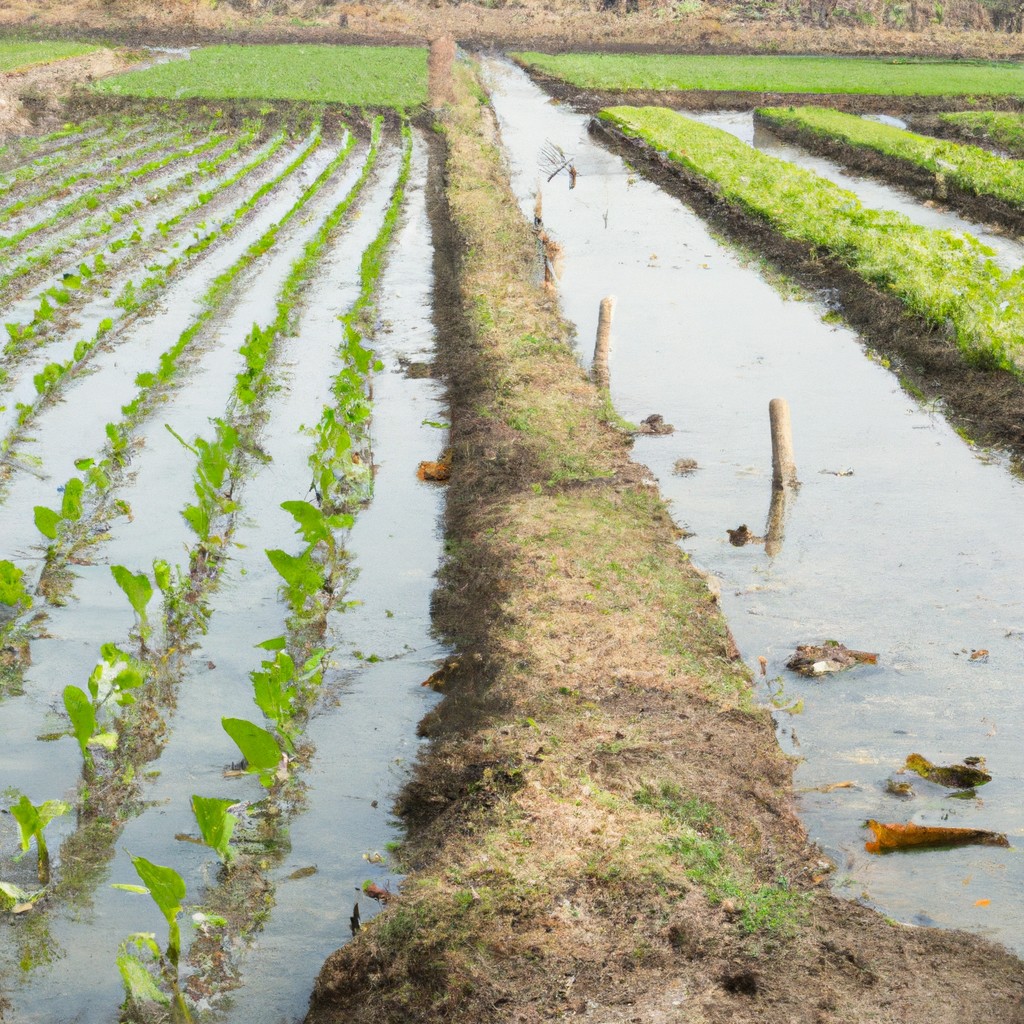Discover how the principles of agricultural economics impact farming decisions, food prices, and sustainability.
Look Inside:
Origins of Agricultural Economics

Agricultural economics didn’t just pop up with the invention of money trees—although, wouldn’t that make for an interesting plot twist? It actually traces back to when humans first transitioned from hunter-gatherer lifestyles to more settled farming practices. With this shift came the need to solve some new puzzles:
– Resource Allocation: Early farmers had to figure out which crops to plant and animals to raise, making decisions based on soil, climate, and seasons. It was a real game of Old MacDonald meets Risk Management.
– Distribution: Once they had their bounties, the next question was about sharing the spoils. If we think inviting friends over for dinner now is complicated, imagine having to barter and trade with the neighboring cave family.
– Value and Efficiency: Farmers began experimenting with techniques to get the most out of their land without turning it into a dust bowl. Efficiency might not sound exciting until you realize it’s about getting more while doing less—every slacker’s dream!
This budding field has grown and sprouted branches, developing into a recognized academic discipline that helps make sense of these agricultural conundrums with much more data and slightly fewer cows.
Major Topics in Agricultural Economics
Diving into the meat of agricultural economics, several vibrant strands emerge, each interacting with complex global markets and environmental factors. Here’s a peek into what stirs the pot:
Market Prices and Trade: It’s not just about how much a farmer earns; it’s also about understanding the dance of supply and demand. Global trade agreements and local policies can turn the market into a rollercoaster, and yes, economists hold on tight to analyze these trends!
Resource Use and Management: Here’s where economists play nice with nature. How efficiently are water, land, and energy used? Optimizing these can lead to more sustainable farming practices—which means both the planet and our wallets might just breathe easier.
Agricultural Policy and Development: From subsidies to safety nets, policies shape the agricultural landscape. Economists pull out their detective hats to scrutinize the impacts and draft roadmaps for future farming.
Risk and Uncertainty: Farming is the flashy casino of professions—risks are high with weather unpredictabilities and pest invasions. Agricultural economists analyze these risks, offering strategies to shield farmers from waking up to a financial nightmare.
These snapshots not only embellish the broad canvas of agricultural economics but also underscore its relevance in steering future food security and sustainable growth.
Food and Consumer Economics
Understanding how consumers make decisions about food purchases is essential since it influences the whole agri-food market. Trends and preferences often dictate what gets produced and when. For instance, the rise in demand for organic products has led farmers to adjust their practices, focusing more on sustainability.
Economists also study how factors like income levels and price changes affect buying habits. Lower incomes might lean towards cheaper, more calorie-dense options, illustrating the link between economy and nutrition.
Moreover, global events such as pandemics or economic crises can shift consumer behaviors drastically and suddenly, causing ripples all through the supply chain. The whims of eaters, shaped by culture and necessity, steer the thrilling roller coaster of agricultural economics. Buckle up for the ride!
Production Economics and Farm Management
Understanding how inputs like seeds, labor, and machinery translate into economic outputs is the crux of production economics. It dives into the quest for efficiency—maximizing outputs while minimizing costs. Farm management, on the other hand, is like the strategic game plan guiding a farm’s economic decisions. It involves selecting the best crop varieties, determining optimal planting dates, and efficiently allocating resources to boost productivity and sustainability.
Farmers need to juggle a lot—like tightrope walkers with green thumbs. They consider market trends, weather predictions, and technological advancements to make informed decisions. It’s this blend of science, strategy, and a sprinkle of old-fashioned gut instinct that keeps our food systems thriving and our plates full. Think of the farmer as a CEO, but with dirt under their nails instead of ink on their hands. They’re constantly analyzing data, predicting outcomes, and sometimes, taking bold risks to reap rewards. It’s farming with a calculator and a weather vane, steering through the economic landscape.
Careers in Agricultural Economics
Exploring career paths in this field can be as thrilling as finding an extra fry at the bottom of your fast-food bag. First off, let’s think about a role as an agricultural economist in government agencies. Here, you’d be the hero behind the scenes, ensuring policies make sense economically without turning farmer’s lives into a circus.
Then, there’s the corporate world where you could work for agribusiness firms. Imagine helping big businesses grow sustainably, and yes, this sometimes involves telling them hard truths, like reminding them that money doesn’t actually grow on trees.
For those who love crunching numbers and forecasting trends, there’s also a path in research and academia. Here you could dive deep into data, investigate the mysteries of market trends, and produce insights that light the way forward like a tractor beam.
And let’s not forget about international development. In this role, you could travel to corners of the globe where agriculture is a lifeline, helping communities grow more with less, proving that yes, sometimes you can have your cake and eat it too.
Each of these roles plays a critical part in the jigsaw puzzle of agricultural economics, ensuring that the sector remains as vibrant and as essential as ever. So, buckle up—your career in agricultural economics might just be the most exciting ride yet!




